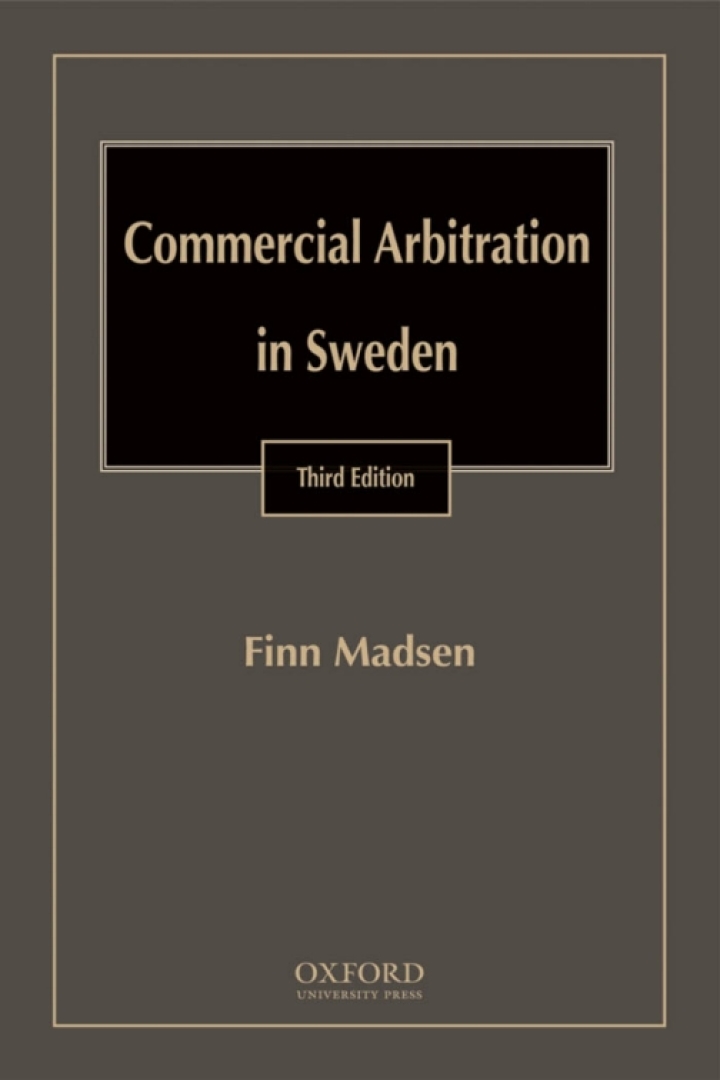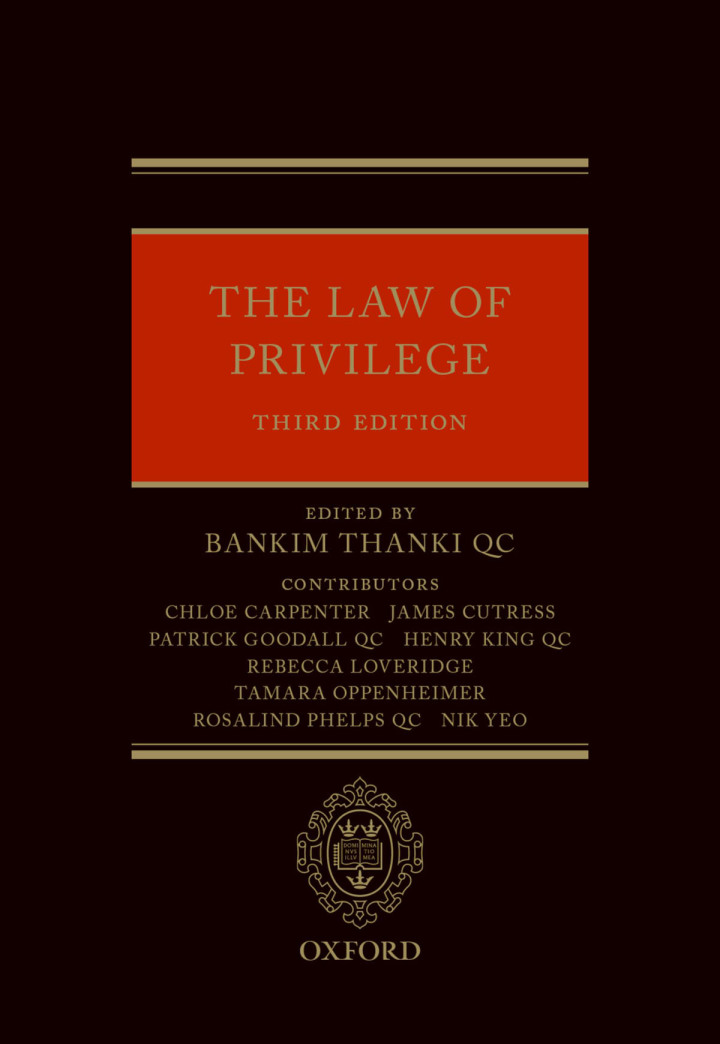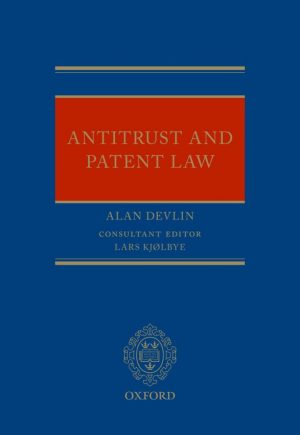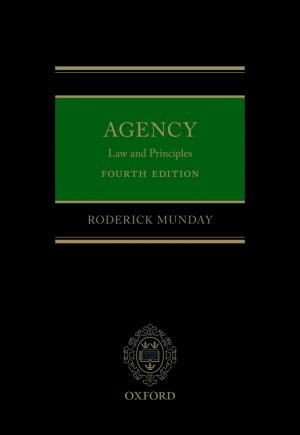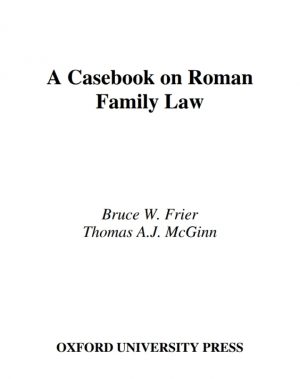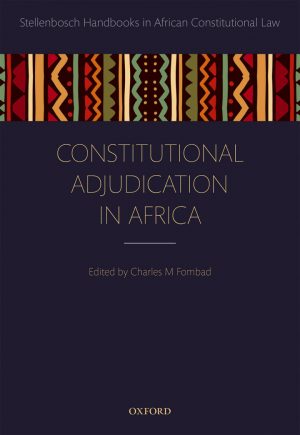“Commercial Arbitration in Sweden
3rd Edition” has been added to your cart. Continue shopping
The Law of Privilege 3rd Edition
$107.25
Attention: This is just ebook, Access Codes or any other Supplements excluded! / File Delivery: Sent Via Email within 24 hours!
SKU: 269b479035a5
Category: Law Textbooks
Description
-
Author(s)Chloe Carpenter; James Cutress; Patrick Goodall QC; Henry King QC; Rebecca Loveridge; Tamara Oppenhe
-
PublisherOUP Oxford
-
FormatPDF
-
Print ISBN
9780198805946, 0198805942 -
eText ISBN
9780198805946, 0198805942 -
Edition3rd
-
Copyright
- Details
A sound understanding of legal professional privilege provides practitioners with a strategic advantage not to be underestimated. This authoritative text provides a comprehensive reference to legal privilege in both contentious and non-contentious contexts. This book addresses both legal advice and litigation privilege, as well as privilege against self-incrimination. With broad coverage of how it arises, how it is lost, and its limits, the book begins with an outline of the law and policy underlying privilege before going on to provide expert guidance on issues that arise regularly in practice. These issues include exceptions (including a detailed analysis of the crime/fraud exception), multi-jurisdictional issues, procedural matters, and problem areas such as pre-existing and partly privileged documents. It also covers: loss of legal professional privilege, for example the loss of confidence, and implied and express waiver; the linked area of being without prejudice privilege, its scope, exceptions, rules governing waiver, and the position in respect of mediation; and joint and common interest privilege. Now in its third edition, the book has been comprehensively updated to cover all recent developments in privilege law. It considers the wealth of case law that has been published since the second edition, as well as placing much greater attention on privilege as it applies to investigations by regulatory and law enforcement agencies. Written by a leading team from Fountain Court chambers including Bankim Thanki QC, who appeared in the Three Rivers litigation, The Law of Privilege is unrivalled in its clarity and supplies extensive cross-referencing and useful summaries throughout to ensure quick access to information. It is an essential reference tool for practitioners in all fields of practice, as well as for students of Civil and Criminal Procedure, providing a concise route through what can be a challenging area of the law.

